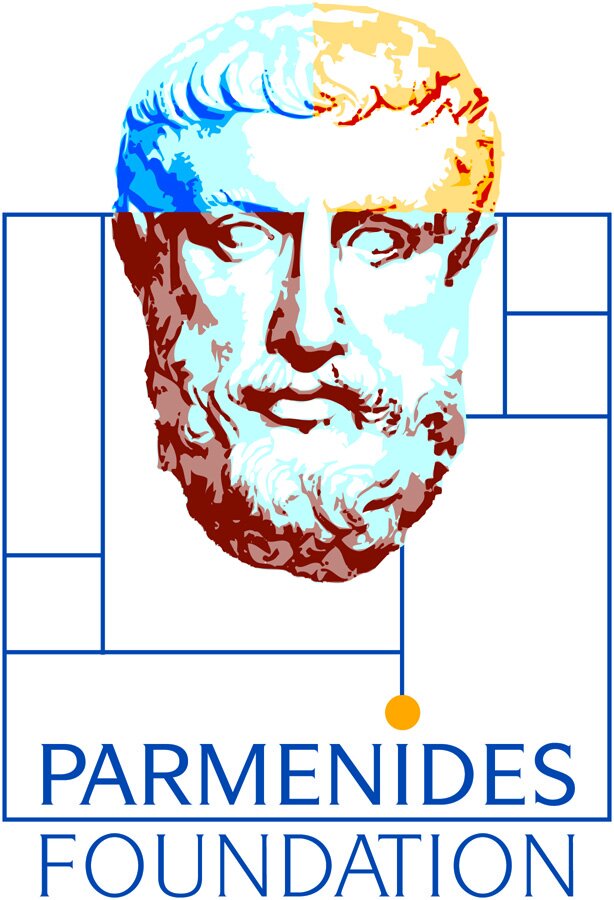Parmenides Center for Digital Humanism
Digital Humanism is opposed to mainstream Silicon Valley ideology. It rejects transhumanist utopias and neo-animistic views of software agents as responsible e-persons and humans as “gods” who create individuals (“homo deus”).
The central anthropological idea of digital humanism is that of human agency and authorship. Humanism fosters the conditions of human authorship with an emphasis on human education and formation. Digital Humanism is about using digital tools in order to realize human goals in technological, economic, educational and democratic practice. Its philosophical and practical dimensions are equally important. Within the practical, political scope of digital humanism is the aim to contribute to a specifically European path of digitization, which ought to respect individual autonomy and dignity, limit commodification and open up new possibilities for self-determined life.
Julian Nida-Rümelin & Nathalie Weidenfeld: Digitaler Humanismus. München: Piper 2018.
See also: Vienna Manifesto on Digital Humanism
Director of the Parmenides Center for Digital Humanism
Aktuelles
Presseecho zum Parlamentarischen Forum am 26.06.2023: OTS, ORF, Der Standard & Parlament Österreich
Die Inhalte der Kurse unseres Kooperationsprojekts mit der LMU, “KI Campus”, stehen ab sofort unter den folgenden Links zur Verfügung:
